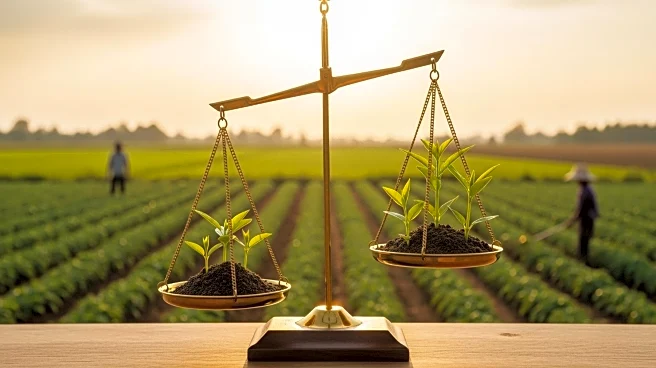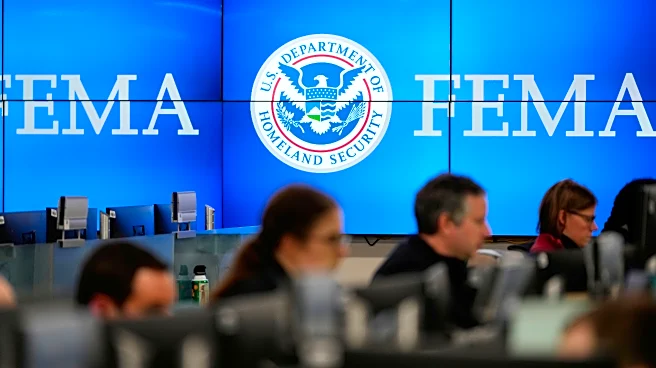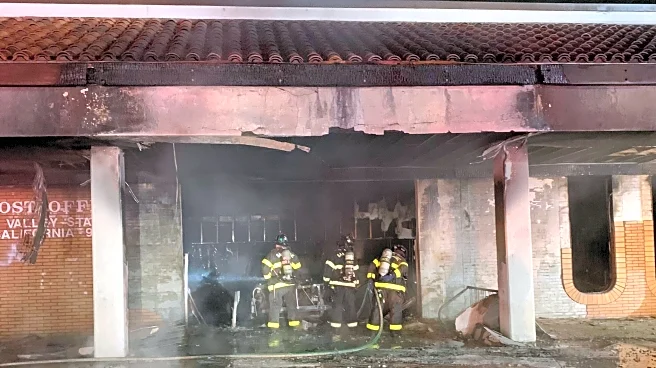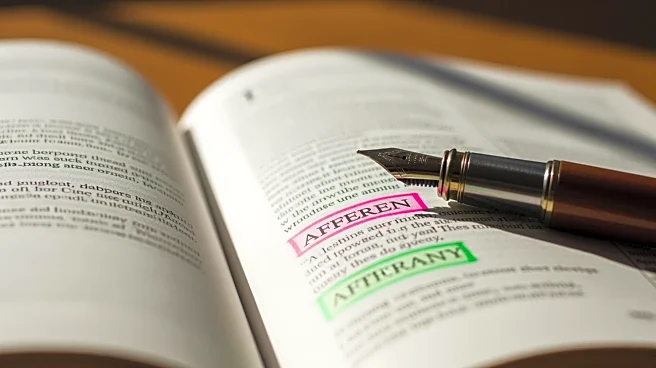What's Happening?
The Institute for Poverty, Land and Agrarian Studies (PLAAS) at the University of the Western Cape is raising concerns about the increasing concentration of land ownership and control over natural resources.
Prof Ruth Hall, director of PLAAS, highlights the dangers of monopolizing territory and the impact on ecosystems and livelihoods. The concentration of power over land is seen as a threat to effective climate action and equitable development. PLAAS advocates for the redistribution of land, fishing rights, and participation in food systems to address these issues. The institute recently hosted an international conference to discuss these topics and prepare for the upcoming ICARRD+20 conference in Colombia.
Why It's Important?
The concentration of land and resources in the hands of a few can exacerbate inequality and hinder economic growth. It poses challenges to sustainable development and climate action, particularly for rural populations. Redistributing land and resources is crucial for promoting equitable development and ensuring that rural communities are prioritized in policy design and implementation. The discussions and research conducted by PLAAS aim to influence national policies and drive meaningful change in land governance and resource management.
What's Next?
The upcoming ICARRD+20 conference in Colombia will provide a platform for further discussions on agrarian reform and rural development. PLAAS will continue its research and advocacy efforts to influence policy and promote equitable land distribution. The institute's work is expected to contribute to shaping national and international policies that prioritize rural populations and sustainable resource management.
Beyond the Headlines
The ethical and cultural dimensions of land concentration and redistribution are significant. Addressing these issues requires a comprehensive approach that considers the rights and needs of rural communities. Long-term shifts in land governance and resource management could lead to more sustainable and equitable development, benefiting both local communities and broader society.











